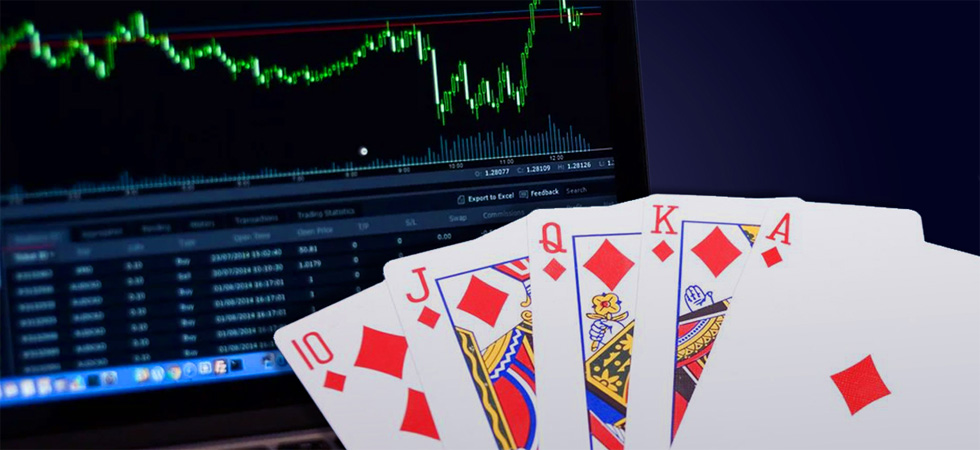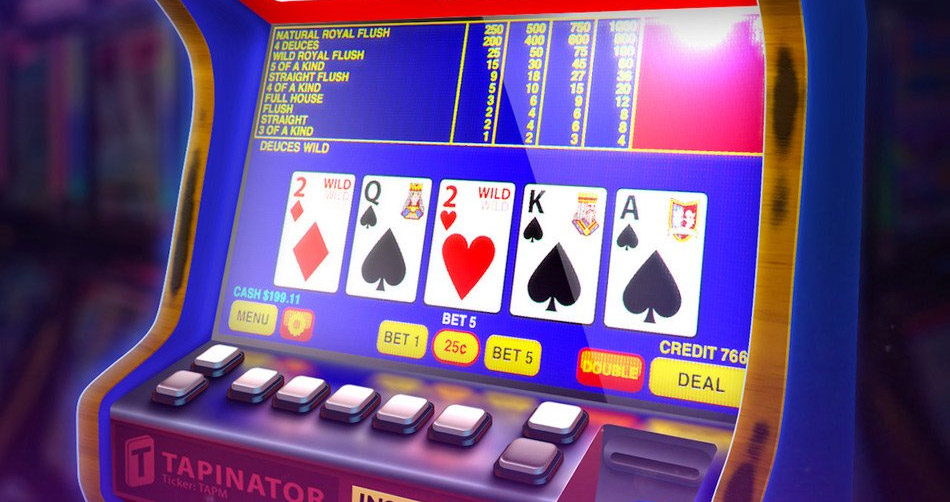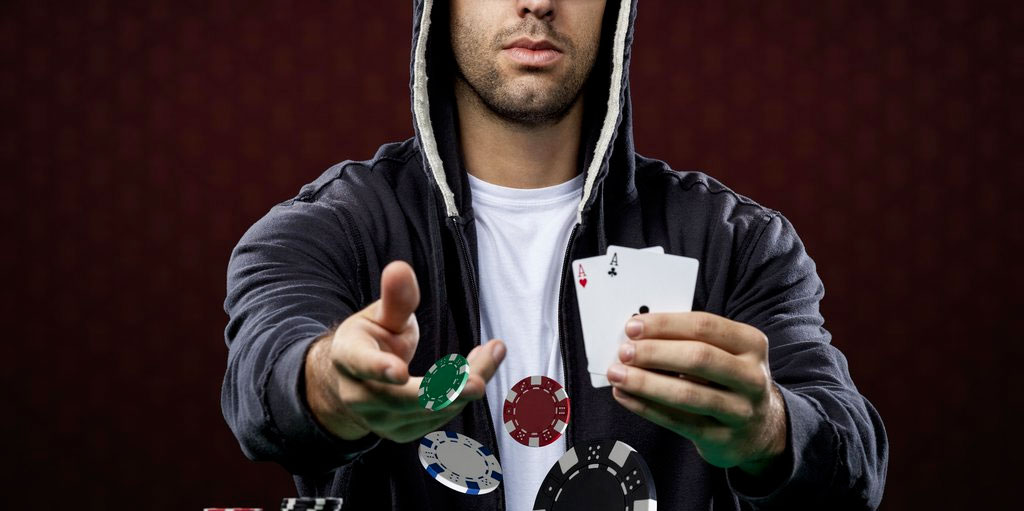
Is poker a game of chance or skill? Many countries have been discussing this matter for years, and the usual answer has been to view poker as just another casino game.
We will not answer this question in this article. That would be going around in circles.
Here we will discuss the similarities between poker strategy and finance and the stock market. No, we are not just trying to make poker something that it is not. Investing in stocks and playing poker have more in common than you might think.
The situations a grinder faces every day are not far from an investor's reality, and many concepts can be transversal to both disciplines.
Stress
You've probably read that investing in the stock market is one of the most stressful jobs in the world.
If you have played poker before, you are sure to be familiar with this feeling too. Going all-in preflop with pocket aces only to see your premium hand cracked by a 72o is a "normal" situation, and if you do not manage your emotions, anger will overcome you.
There is another common stressful situation for investors and poker players: downswings. In the short (or even mid-term), making the right choices could lead to a negative result. That's a normal situation, and it usually clears up over time.
Handling downswings in the right way involves training in psychological aspects and is considered a key success factor for a trader or poker player.
EV+ decisions
A wrong decision can turn into a bad or a good result. A hundred bad decisions will inevitably lead to ruin.
That's the secret behind EV+ decisions. A stock market investor faces hundreds of choices every day and must make the right ones for the long-term profit.
The same thing happens with a poker player. Whether you multi-table or focus on a singlegame, you have to make a lot of decisions in each session, and the sum of all those choices, just like in the stock market, will show a positive graph if you had the odds on your side.
Value investing
Value investing is one of the best-known investment strategies. Benjamin Graham developed its fundamentals in 1934. In short, he claims that public companies sometimes trade their stocks below their intrinsic value, which can represent significant profits for investors when the stock price reflects reality.
A professional poker player does his homework. Value rest in tournaments with overlay, soft fields to play, friendly rake structures, and high rakeback bonuses. Playing in the wrong poker room represents fewer profits for a grinder.
Long-term results
You can make a lot of money by buying the wrong stocks. It is a fact. You can invest in a company without having done due diligence, and then by chance, the stock or the price of oil goes up, and you double or triple your money. But that is a short-term result.
The same thing happens when a lucky player wins a massive tournament and take home a millionaire price. For example, after being a recreative player for many years, John Hesp made the final table of WSOP Main Event in 2017. He won 2,6 million dollars. He is the exception that proves the rule.
Only the best investors have sustained returns over time. A stock market or poker professional focuses on long-term results because it's the only way to confirm that a strategy works effectively.
Conclusion
A poker player trains himself to handle downswings, bad beats and make the right choices at the tables. All of these concepts can be applied to an investment strategy.




